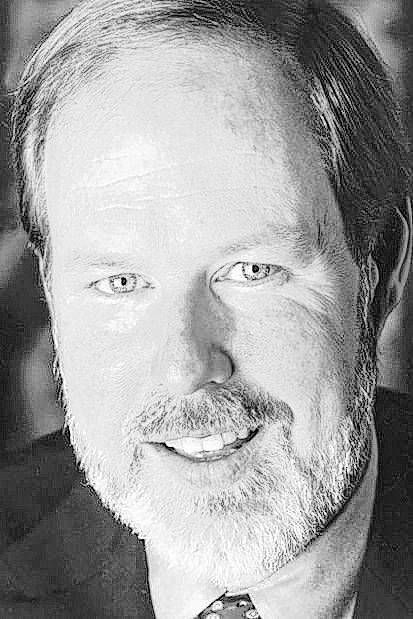Click here to subscribe today or Login.
A year ago, as the Trump Era was dawning in Washington, I peered into the future and tried to predict what we should expect from our strange new president.
“We should give Trump a chance,” I wrote before his inauguration, a chance to keep his promises to “grow jobs, improve healthcare, drain the swamp and be a president for all Americans.”
“I’m going to keep an open mind,” I promised, “look for signs of wisdom and virtue in his new administration, and give him credit if I find it.”
I’m still looking.
At the end of the year, pundits owe their readers an accounting of what they got wrong over the last 12 months — and what, if anything, they got right. Here’s what I got wrong about President Trump during 2017:
After covering his campaign, I expected Trump to govern with the quirky combination of conservatism and working-class populism that helped him win. I figured he would focus relentlessly on blue-collar jobs, which would mean infrastructure spending and trade reform as well as tax cuts.
Instead, in office, Trump has governed like a plutocrat.
His economic program has consisted of little more than tax cuts for business owners, plus deregulation. (Yes, the tax bill included middle-class tax cuts, too, but they evaporate at the end of 2025.) His promise to spend billions on infrastructure has been sidelined. And he hasn’t done much to stop American jobs from moving overseas. His trade policy has been mostly threats, with little action.
When it comes to economics, our purportedly populist president has been captured by the Republican business establishment.
I fully expected Trump to continue his attacks on the norms of American democracy: the rule of law, civil discourse, freedom of the press and racial tolerance. But I didn’t think he’d escalate those attacks.
When demonstrations in Charlottesville, Va., turned violent, Trump resisted blaming the white supremacists who started the melee. He waded needlessly into the controversy over Confederate statues — a local issue, not a federal question. He attacked African American NFL players for kneeling during the national anthem, and African American basketball players for being insufficiently grateful when he arranged their release from jail in China.
Almost alone among major American politicians, he can’t bring himself to condemn racism clearly — a cynical political strategy to keep the culture war white-hot.
I also underestimated Trump’s determination to deport immigrants who entered the country illegally, including many who have established families and integrated into communities. “His bark may prove worse than his bite,” I suggested.
Wrong again. In the first nine months of his presidency, detentions and removals soared — including a 250 percent increase in arrests of immigrants with no criminal record.
But Trump has been less disruptive than I feared in one area: foreign policy.
Defense Secretary James N. Mattis, Secretary of State Rex Tillerson and national security advisor H.R. McMaster appear to have tempered the president’s incendiary instincts — so far, at least.
Trump threatened to unleash “fire and fury” against North Korea but has allowed Tillerson to continue trying diplomacy instead. He threatened to scrap the international agreement blocking Iran from nuclear weapons but settled for demanding new sanctions. He threatened to walk away from U.S. military obligations to NATO but accepted an increase in European defense spending.
He’s still eroding the alliances the United States built after World War II and reducing American influence around the world. But he hasn’t started a war. (I promised to give credit where credit was due, remember?)
I did manage to get a few things right over the course of the year.
I suggested that the economy would continue growing, especially with promises of tax cuts in the air. “Although Republicans hated the idea of stimulus when it bore President Obama’s name, watch them hail Trump’s as an act of genius,” I wrote.
I forecast that Obamacare would survive GOP attempts at repeal — and that “more voters may demand a single-payer plan” once they considered the alternatives.
And I suggested that one of the big challenges for journalists — and citizens, too — would be distinguishing between important problems and trivial ones in a chaotic, noisy presidency.
“We should try to stop chasing shiny objects and focus on the most important issues,” I counseled.
And, I argued, we should aim to “normalize” Trump — not in the sense of pretending what he does is normal, but in the sense of holding him to high standards.
We should “demand that Trump normalize himself, because he’s the only one who can,” I wrote. “We should ask him to be normal. We should demand that he do what he said he would do on election night: try to unite the country.”
Twelve months later, that’s still a pretty good description of the task we face as we head into 2018, this time with a congressional election ahead.





